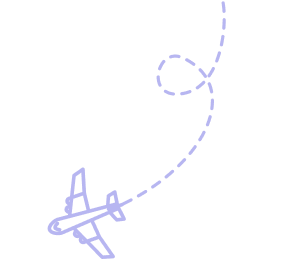Study in Switzerland
Europe (Schengen)

About
How does the idea of studying in a country known for its global educational reputation, serene natural beauty and innovation sounds like? That too with an incredible quality of life. Studying in Switzerland offers experiences you simply can't find anywhere else.
Switzerland ranks among the top 10 countries globally known for higher education. The country hosts over 250,000 students, with international students comprising approximately 25% of the total population. Swiss degrees are highly recognized worldwide, with 85% of graduates finding employment within six months of graduation.
Switzerland leads in research output per capita, with over 1.2% of global scientific publications originating from Swiss institutions. Its strong economy offers multiple career opportunities to students studying in Switzerland. International graduates can stay for six months after graduation to seek employment.

What Switzerland Offers

Top ranked universities

Multilingual education

Research opportunities

Practical learning

Serene natural environment

Safety and security
Required Documents to Get Admission in Switzerland
Valid Passport
Student visa
Letter of recommendation
Motivation letter
Evidence of financial resources and stability
Previous academic transcript/degree
Proof of Enrollment
Health insurance
English language proficiency
Intake Sessions
If you want to pursue studies in Switzerland, there are two main intake periods. The Fall semester begins in September, with application deadlines between February and April. The Spring semester starts in February, with application deadlines between September and November. Major universities prioritize Fall intake, offering more program options during this period.
Spring intake
Fall intake
Student visa types in Switzerland
Student Visa Type | Purpose | Cost | Allowed stay duration |
|---|---|---|---|
| Long stay visa Type D | This is for stays longer than 90 days, including studying at a university, university college, or higher vocational education for more than three months. | CHF 100-200 | Duration of your study program. |
| Short stay visa type C | You’ll need a type C visa for short visits, including studies, for up to 90 days within a 180-day period. For Example, internships, seminars and short courses. | CHF 90 | 90 days |
For most part you will require:
- •
Valid passport
- •
CoE
- •
Proof of sufficient funds
- •
Health insurance
- •
English proficiency test results (IELTS, TOEFL)
- •
Accomodation arrangement
- •
Academic transcripts and certificates
- •
Health examination reports
Job Opportunities in Switzerland

Still need help? Chat with us

